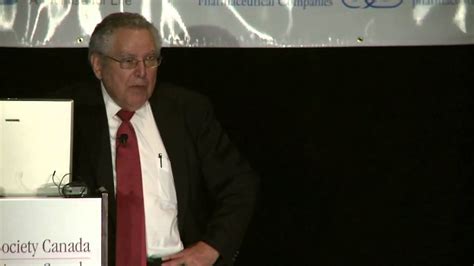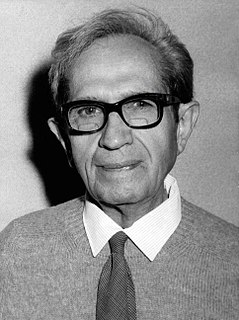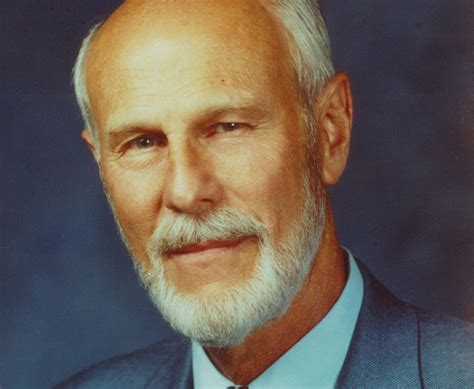A Quote by Samuel Butler
If you follow reason far enough it always leads to conclusions that are contrary to reason.
Related Quotes
Human beings are powered by emotion, not by reason. Study after study has proven that if the emotion centers of our brain are damaged in some way, we don't just lose the ability to laugh or cry, we lose the ability to make decisions. Alarm bells for every business right there. The neurologist Donald Calne puts it brilliantly: “The essential difference between emotion and reason is that emotion leads to action while reason leads to conclusions.”
It is not contrary to reason to prefer the destruction of the whole world to the scratching of my finger. It is not contrary to reason for me to choose my total ruin, to prevent the least uneasiness of an Indian, or person wholly unknown to me. It is as little contrary to reason to prefer even my own acknowledged lesser good to my greater, and have a more ardent affection for the former than the latter.
There are two excesses: to exclude reason, to admit nothing but reason. The supreme achievement of reason is to realise that there is a limit to reason. Reason's last step is the recognition that there are an infinite number of things which are beyond it. It is merely feeble if it does not go as far as to realise that.
The indispensability of reason does not imply that individual people are always rational or are unswayed by passion and illusion. It only means that people are capable of reason, and that a community of people who choose to perfect this faculty and to exercise it openly and fairly can collectively reason their way to sounder conclusions in the long run. As Lincoln observed, you can fool all of the people some of the time, and you can fool some of the people all of the time, but you can't fool all of the people all of the time.




































